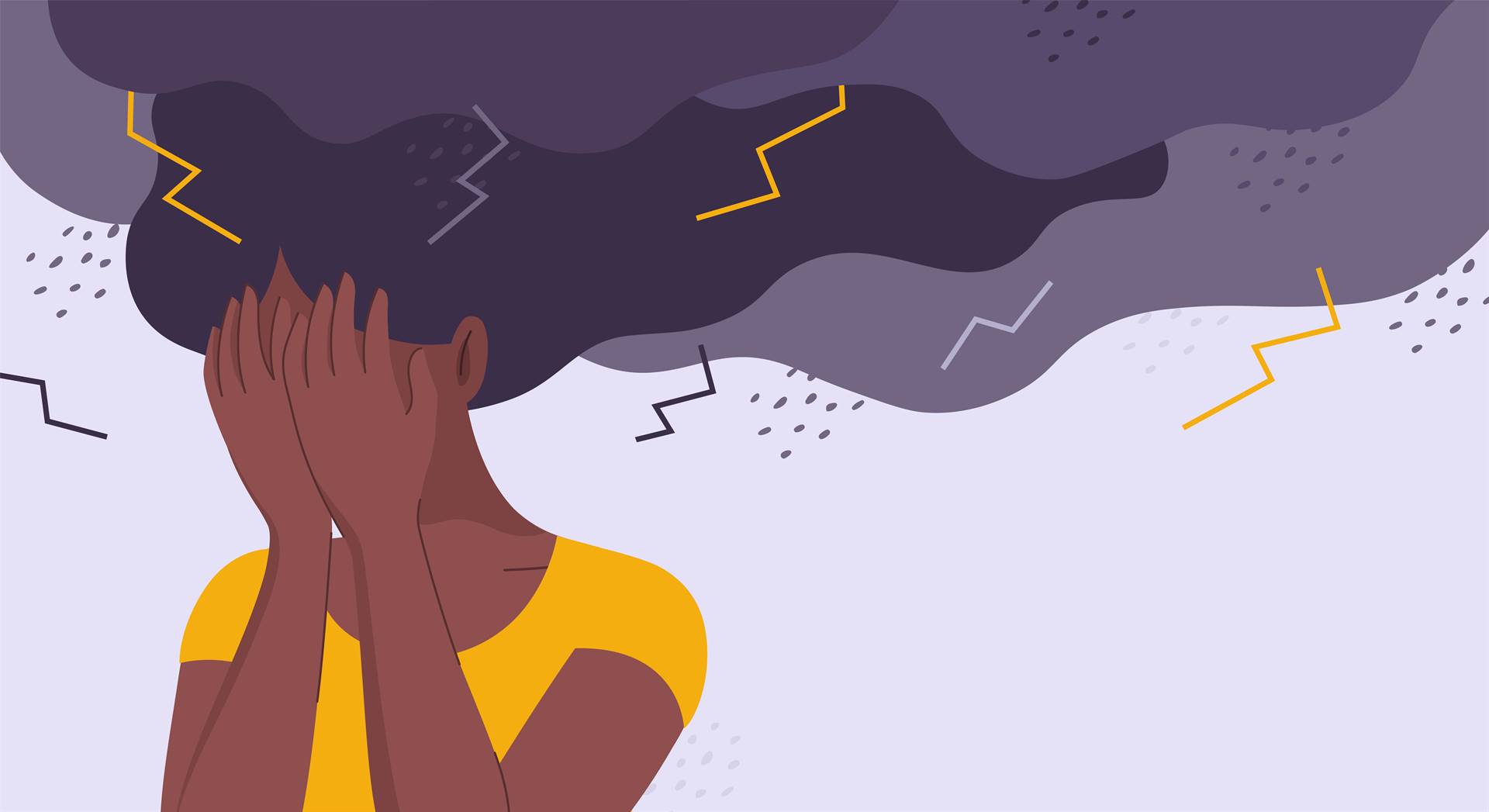
“It may be time to emigrate.” This was a post from a friend on Facebook this week. The responses were surprising.
Far from being discouraged to leave the country, the majority of the comments on that post were supportive – ranging from “I’m also contemplating”, to “It’s always on my mind” and “Yes, it’s time”.
To clarify, my friend is a black professional. The kind of professional whose skills the country desperately needs to retain.
I have to bring race into this because, in the past, South Africa’s brain drain began with white professionals leaving. The sentiment then was that those people who were leaving were unpatriotic “deserters” and that we didn’t need that mind-set in our “rainbow nation” anyway.
Patriotism is no longer enough of an anchor to discourage people from leaving. People are simply fed up, or, in South African parlance, they are gatvol.
For a brief period, the Homecoming Revolution – a recruitment firm that specialises in “brain gain” and bringing global African talent back to the continent – did see a number of South Africans return.
Angel Jones, CEO of Homecoming Revolution, was quoted as saying: “We saw when [President Cyril] Ramaphosa came [into office] that enquiries tripled.”
READ: Dion Chang | Why I'll keep wearing a mask
However, Jones added that “enquiries have tapered off by between 15% to 20% since the start of 2019 because of Eskom”. That was before the country had to adapt to stage 6 load shedding, which simply added insult to injury.
The Covid-19 pandemic broke people – mentally and physically – and, after two years living with lockdown restrictions, we are collectively suffering from a phenomenon called worry burnout.
Worry burnout is associated with what psychologists call “learnt helplessness” – a sense of overwhelming powerlessness after trauma. For two years, our threat systems have remained at an unnaturally heightened level.
Psychologist Bernard Golden says:
He observes that the pandemic divided the world into two distinct groups: “Half the people feared Covid, while the other half feared being controlled.”
Worry burnout has manifested itself in unexpected ways. On the first visit to my dentist after the lockdown restrictions eased, I discovered that they were dealing with a significant increase in cracked teeth and stress on jaw bones because more people were grinding their teeth.
I’m sure dentists have been dealing with another spike in teeth grinding – and it’s not just because of Eskom.
READ: Eskom applies to Nersa for 32% increase
Emerging from a pandemic was meant to be a relief; it felt like we could finally move forward with a sense of normality. But we now know that this year was holding back a few more surprises, such as Russia’s invasion of Ukraine, continued global supply chain issues and exorbitant fuel costs, with the knock-on effect of rising food prices. The devastating floods in KwaZulu-Natal, the mass shootings at taverns, horrific violence against women and girls, rising unemployment, and a governing party too preoccupied with a war with itself to implement service delivery all added to the uncertainty.
(I could go on, but I can feel my teeth grinding).
Apart from a renewed brain drain, worry burnout has also ensured that ‘resilience’ has become somewhat of a swear word. “South Africans are so resilient” has always been the patriotic mantra, but South Africans are also gatvol of being resilient.
It’s no longer a badge of honour but a constant reminder that we are forced to live in a state of perpetual disappointment. Resilience and worry burnout do not make good bedfellows.
READ: 1 million South Africans emigrated in five years
To try to reclaim my optimism levels, I read the article headlined The Pitfalls of Pessimism by Morgan Housel, a columnist for the Wall Street Journal. He was referring to the current global chaos and maintains that there are three things that pessimists ignore:
- Being an optimist doesn’t mean you think everything will be great. It means you think things will work out in the long run, even if the short run is a constant chain of setbacks, hassles and challenges.
- People adapt. If you extend every negative trend indefinitely into the future, things look terrible. If you instead assume that every negative trend sparks a new innovation, an incentive to do things differently, it’s less daunting.
- Bad news tends to happen fast, while good news moves slowly. There are no overnight miracles, but lots of overnight tragedies. Over time, good news tends to be more powerful, but bad news gets more attention than it deserves.
These pearls of wisdom might placate his peers on Wall Street, but will make “resilient” South Africans roll their eyes as they mutter: “Been there, done that.”
“Gatvol” is a state of mind way beyond pessimism. We need hope. And good dentists.
Chang is the founder of Flux Trends. For more trends, visit fluxtrends.com.




 Publications
Publications
 Partners
Partners








